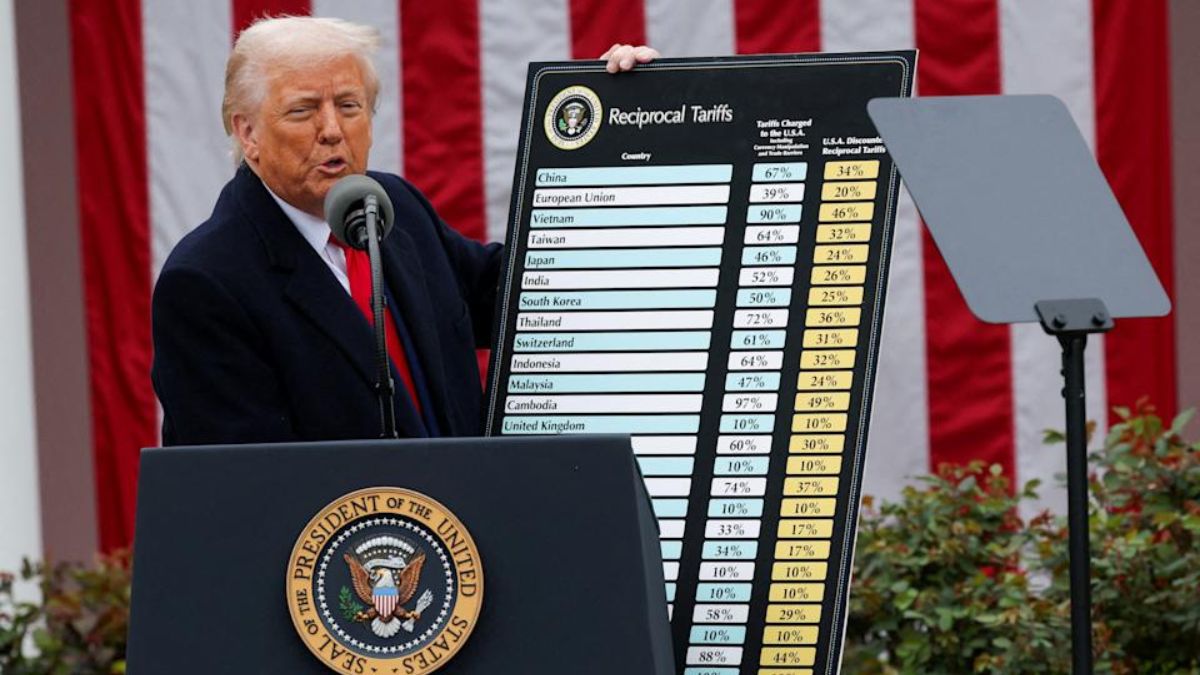A US trade court on Wednesday blocked President Donald Trump’s plan to impose new tariffs, ruling that he went beyond his authority.
The court said only Congress has the power to regulate trade with other countries, and that this power isn’t overridden by the president’s emergency powers to protect the economy.
“The court does not pass upon the wisdom or likely effectiveness of the President’s use of tariffs as leverage. That use is impermissible not because it is unwise or ineffective, but because [federal law] does not allow it,” a three-judge panel said in the decision.
The Trump administration minutes later filed a notice of appeal and questioned the authority of the court.
The decisions of the Manhattan-based Court of International Trade, which hears disputes involving international trade and customs laws, can be appealed to the US Court of Appeals for the Federal Circuit in Washington DC, and ultimately the US Supreme Court.
Donald Trump’s global trade war has shaken financial markets with unpredictable tariff rollouts aimed at punishing countries that sell more to the US than they buy.
He claimed that trade deficits and drug trafficking posed a “national emergency,” justifying broad tariffs. But the US Court of International Trade pushed back, blocking most of the tariffs announced since he took office.
‘Unelected judges’ should not interfere: White House
The White House criticised the ruling, saying “unelected judges” should not interfere in the president’s decisions. Trump’s spokesman, Kush Desai, said the administration would keep using its full executive powers to tackle the crisis.
Though the White House didn’t mention a legal challenge, US media reported that an appeal had already been filed. Trump aide Stephen Miller called the decision a “judicial coup” and said the courts were “out of control.”
Impact Shorts
More ShortsTrump had announced sweeping tariffs—10 per cent across the board, with higher rates for countries like China and the EU. The court’s decision also struck down separate duties on Canada, Mexico, and China that were imposed under emergency powers.
Some of the market uncertainty eased when Trump paused major tariffs for 90 days and delayed others while negotiating with different nations.


)

)
)
)
)
)
)
)
)



